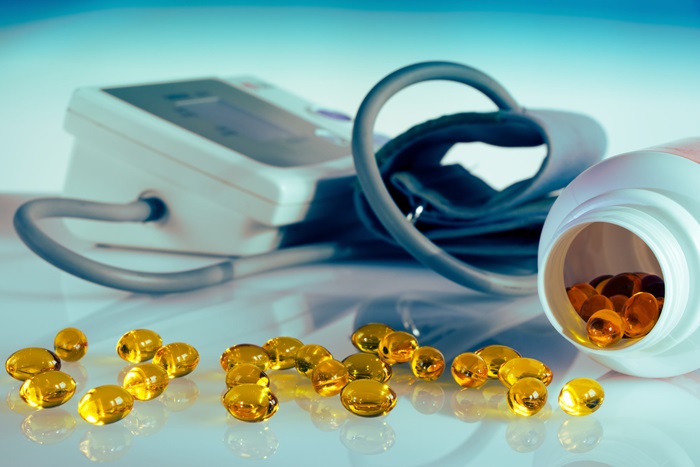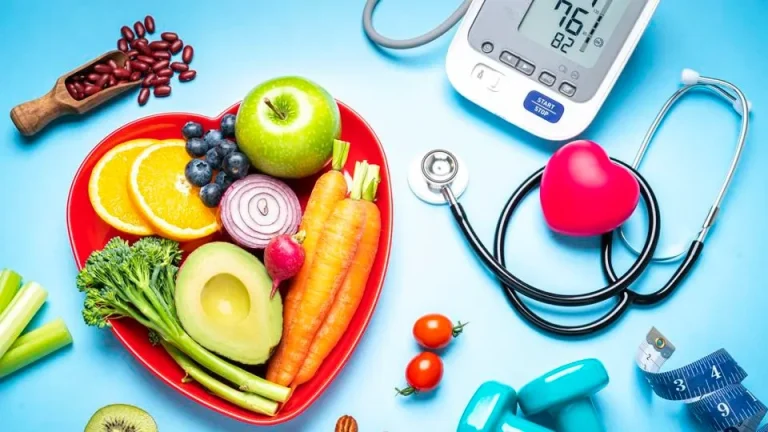High blood pressure, or hypertension, is a common yet serious condition that affects millions of people worldwide. It occurs when the force of blood against the artery walls is consistently too high, leading to potential health complications such as heart disease, stroke, and kidney problems. While medications are often prescribed to manage hypertension, many individuals seek natural alternatives to complement their treatment regimen. In recent years, various supplements have gained popularity for their potential to help lower blood pressure levels safely and effectively. In this comprehensive guide, we’ll explore these supplements in detail, discussing their mechanisms of action, scientific evidence supporting their use, and tips for incorporating them into your daily routine.
Understanding High Blood Pressure
Before delving into supplements, it’s essential to understand the basics of high blood pressure. Blood pressure is measured using two numbers: systolic pressure (the top number) and diastolic pressure (the bottom number). A normal blood pressure reading is typically around 120/80 mmHg. However, readings consistently above this range may indicate hypertension.
Hypertension can be caused by various factors, including genetics, lifestyle choices, and underlying health conditions such as obesity, diabetes, and kidney disease. While certain risk factors cannot be modified, such as age and family history, others, such as diet and exercise habits, can be addressed to help manage blood pressure levels.
Supplements for Managing High Blood Pressure

- Omega-3 Fatty Acids
- Omega-3 fatty acids, found in fatty fish, flaxseeds, and walnuts, have been shown to have numerous health benefits, including potential effects on blood pressure.
- Studies suggest that omega-3 supplementation may help lower blood pressure levels, particularly in individuals with hypertension.
- Incorporate omega-3-rich foods into your diet or consider fish oil supplements to reap the potential benefits for blood pressure management.
- Magnesium
- Magnesium is an essential mineral involved in various bodily processes, including blood pressure regulation.
- Research indicates that magnesium supplementation may modestly reduce blood pressure levels, especially in individuals with magnesium deficiency.
- Increase your intake of magnesium-rich foods such as leafy greens, nuts, seeds, and whole grains, or consider taking a magnesium supplement under the guidance of a healthcare professional.
- Potassium
- Potassium plays a crucial role in maintaining fluid balance and electrolyte levels in the body, which can impact blood pressure.
- Consuming potassium-rich foods such as bananas, sweet potatoes, spinach, and avocados may help lower blood pressure levels.
- However, it’s essential to consult with a healthcare provider before starting potassium supplements, especially for individuals with kidney problems or those taking certain medications.
- Coenzyme Q10 (CoQ10)
- Coenzyme Q10 is a naturally occurring compound involved in energy production within cells.
- Some studies suggest that CoQ10 supplementation may help reduce blood pressure levels, particularly in individuals with hypertension or those taking antihypertensive medications.
- Consider adding CoQ10-rich foods like oily fish, organ meats, and whole grains to your diet, or consult with a healthcare professional about CoQ10 supplements.
- Garlic
- Garlic has been used for centuries for its medicinal properties, including potential cardiovascular benefits.
- Research suggests that garlic supplementation may modestly lower blood pressure levels, possibly due to its vasodilatory and anti-inflammatory effects.
- Incorporate fresh garlic into your meals or consider garlic supplements to potentially support blood pressure management.
- Hibiscus
- Hibiscus is a flowering plant often brewed into herbal tea and consumed for its potential health benefits.
- Several studies have shown that hibiscus tea may help lower blood pressure levels, possibly due to its antioxidant and diuretic properties.
- Enjoy hibiscus tea as part of your daily routine or consider hibiscus supplements for convenient consumption.
- L-arginine
- L-arginine is an amino acid that plays a role in the production of nitric oxide, a compound that helps relax blood vessels.
- Some research suggests that L-arginine supplementation may help reduce blood pressure levels, particularly in individuals with hypertension or endothelial dysfunction.
- Discuss the potential benefits and risks of L-arginine supplementation with a healthcare provider before incorporating it into your regimen.
- Fiber
- Dietary fiber, found in fruits, vegetables, whole grains, and legumes, offers various health benefits, including potential effects on blood pressure.
- High-fiber diets have been associated with lower blood pressure levels and a reduced risk of hypertension.
- Increase your fiber intake through whole foods rather than supplements to support overall cardiovascular health.
Tips for Incorporating Supplements Safely
- Consult with a Healthcare Professional: Before starting any new supplement regimen, especially if you have underlying health conditions or are taking medications, consult with a healthcare provider to ensure safety and efficacy.
- Monitor Blood Pressure Levels: Regularly monitor your blood pressure levels, especially when starting new supplements, to assess their impact and adjust your regimen as needed.
- Focus on Whole Foods: While supplements can be beneficial, prioritize a balanced diet rich in whole foods to obtain essential nutrients and support overall health.
- Stay Active: Regular physical activity can help lower blood pressure levels and improve cardiovascular health. Incorporate exercise into your daily routine for maximum benefits.
- Manage Stress: Chronic stress can contribute to high blood pressure. Practice stress-reducing techniques such as meditation, deep breathing exercises, and yoga to promote relaxation and well-being.
Supplements can be valuable additions to a comprehensive approach to managing high blood pressure naturally. While research supports the potential benefits of certain supplements, it’s essential to approach supplementation cautiously and in conjunction with other lifestyle modifications recommended by healthcare professionals. By incorporating these supplements mindfully and making healthy lifestyle choices, individuals with hypertension can take proactive steps towards better cardiovascular health and overall well-being. Remember, consistency and moderation are key, and always prioritize safety and efficacy when considering any supplement regimen for managing high blood pressure.


